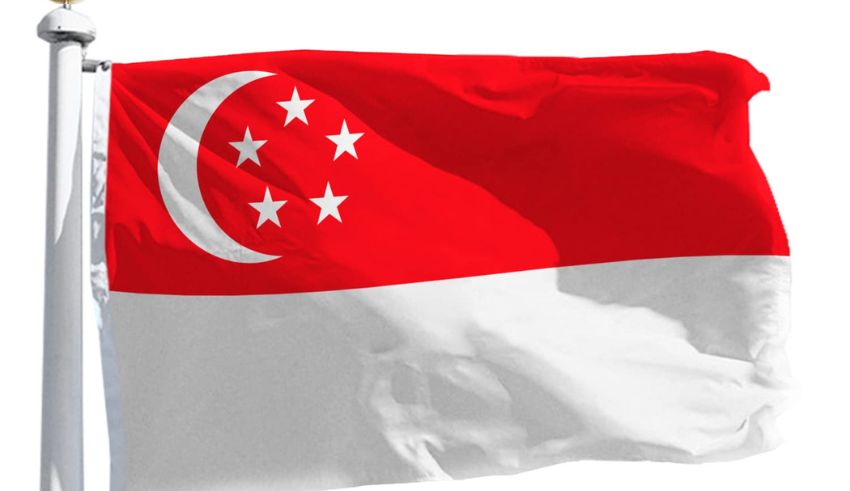
Singapore’s recent arrest of 10 foreigners in a billion-dollar money-laundering case has uncovered an intricate web of alleged criminals who possessed passports from multiple countries. The arrested individuals were initially reported to be citizens of diverse nations, including China, Vanuatu, Cyprus, Türkiye, and Cambodia, but it has since been revealed that they were all originally from China’s Fujian province.
In a coordinated operation, 400 officers conducted simultaneous raids at nine locations across Singapore. The operation resulted in the seizure of assets worth $S1 billion, including properties, bank accounts, vehicles, cash, luxury items, and gold bars. The individuals, aged between 31 and 44, faced charges including money laundering, forgery, and resisting arrest. The police accused the group of laundering proceeds from overseas organized crime activities, including scams and online gambling.
Use of Multiple Passports
Several of the arrested individuals were found to possess extra passports issued by various countries in addition to their nominal citizenship. This practice raises questions about how they obtained these additional passports and why they might have used them. The passports were reportedly from countries such as Vanuatu, Saint Kitts and Nevis, Cambodia, and Dominica.
Obtaining multiple citizenships offers money launderers the advantage of creating complex structures, buying property, and investing in different countries while avoiding detection and regulation. Many countries, including Vanuatu, Saint Kitts and Nevis, and Dominica, offer fast-track citizenship programs through investment. Such programs have been scrutinized for their potential misuse by corrupt officials and criminals seeking to hide assets and identities.
Keep Reading
Despite Singapore’s reputation for strict enforcement of the law, it has become an attractive destination for money launderers due to its regional banking institutions, low corporate tax, and ease of setting up company structures.
This case underscores the challenge of tackling money laundering and the efforts countries must take to prevent being used as safe havens for ill-gotten gains. The revelations from this crackdown also shed light on the larger issue of global golden visa and passport schemes that can facilitate money laundering and enable criminals to exploit the system.























